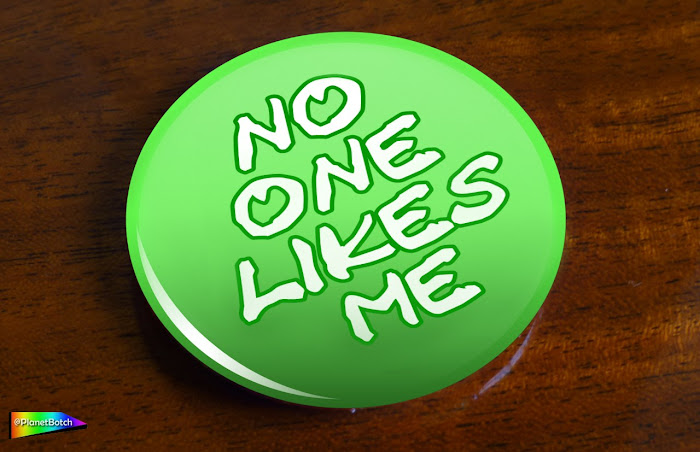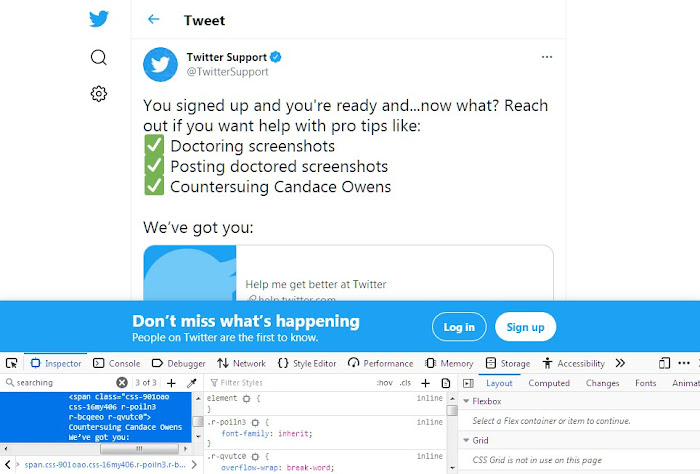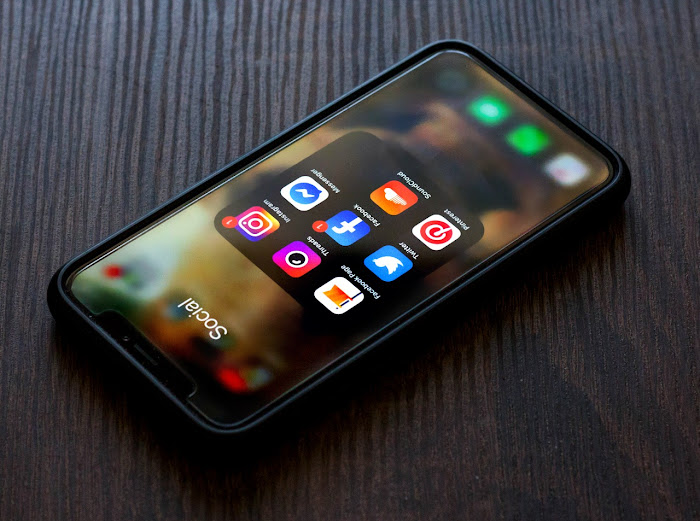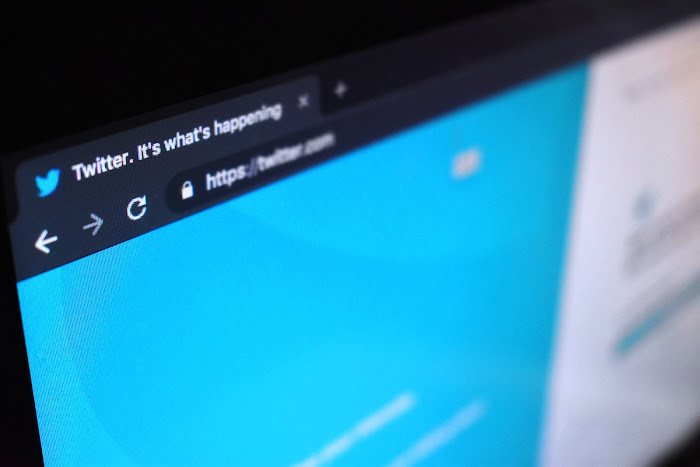They're calling it cruel, evil, cancerous, offensive, violent, humiliation, torture, psychologcal warfare, an assault on mental health... Never seen a public view count referenced with this kind of language before? That'll be anatomical censorship at work.
As a multi-instrumentalist and producer with a home studio and a lifelong love of creating music, I recently found myself wondering why it's been over seven years since I last uploaded one of my devastatingly catchy works of pop genius to ye Interwebz. Then I logged into Soundcloud and was instantly reminded of the answer: mandatory public view counts.
Okay, so Soundcloud is an archetypcal audience-leech, which exploits scripting within its streams to hijack your content, on your site, and plug other people's presence on its own platform. Standard Web 2.0. But I would still use Soundcloud were it not for the site's most abusive practise of all - the reduction of creative art to a series of evaluative numbers, and the forcible parading of those evaluative numbers as a representation of the art's worth. Ultimately, its creator's worth.
For the same reason, I will not publish to YouTube. And unless Musky-boy spins a 180 on last week's view count update, I won't be hitting the Tweet button again either.
For the benefit of anyone who doesn't use Twitter, last week the platform placed an irremovable view counter onto every new Tweet. And ever since, public complaints have been continuously and consistently flooding the timelines at a rate of thousands per day.

















